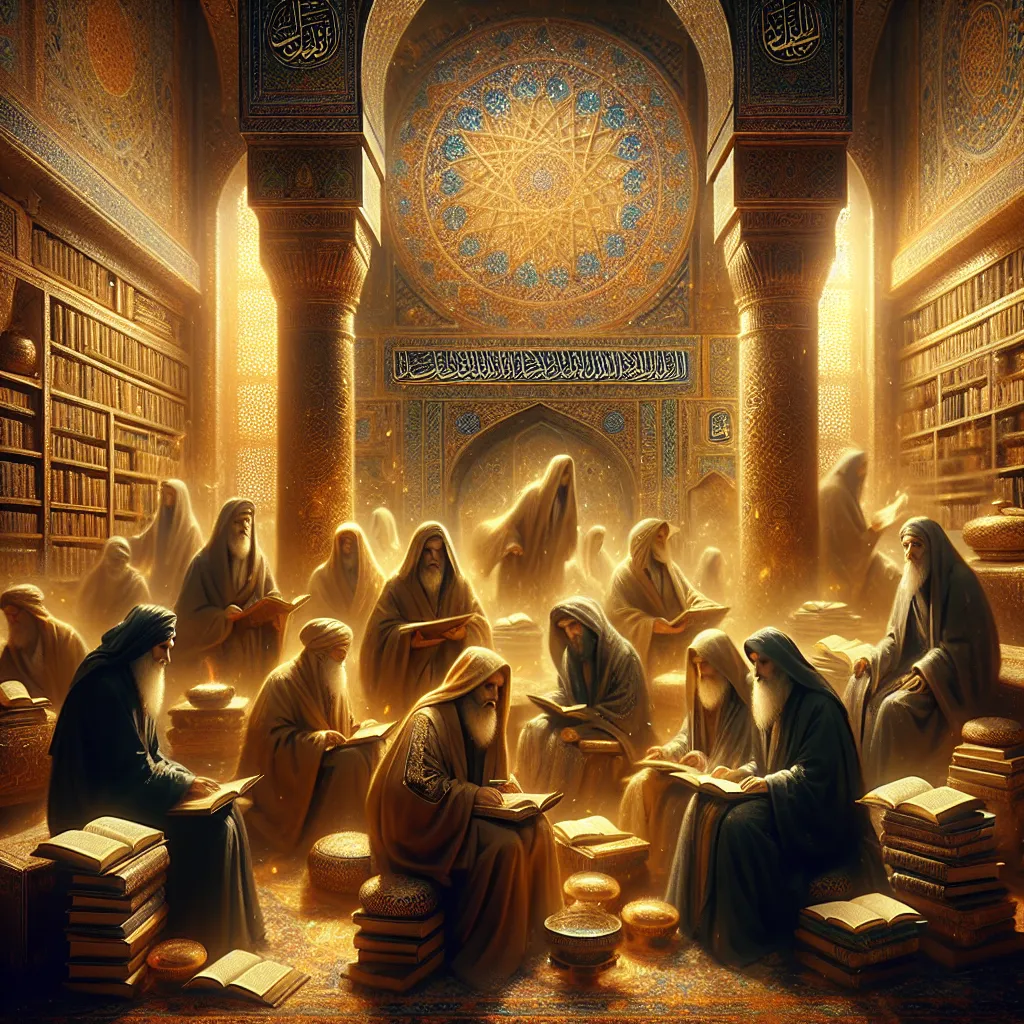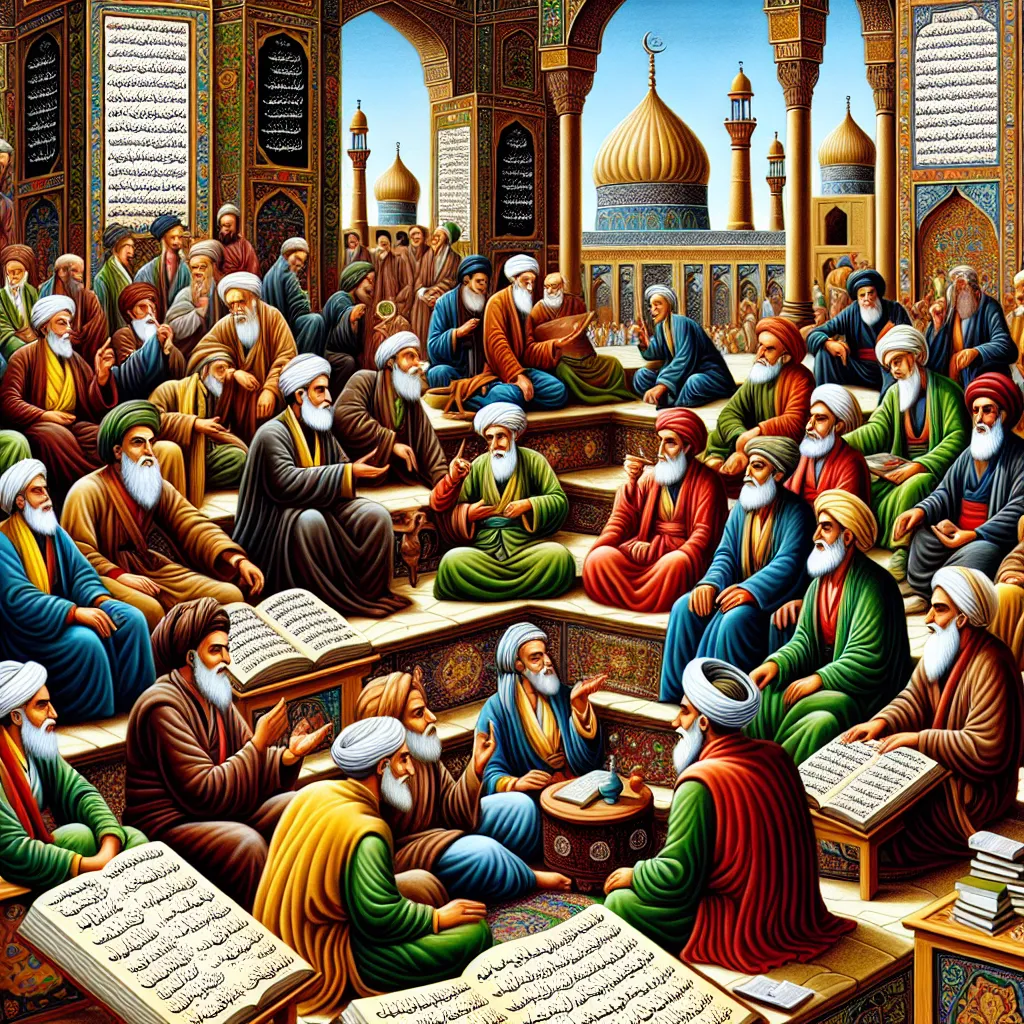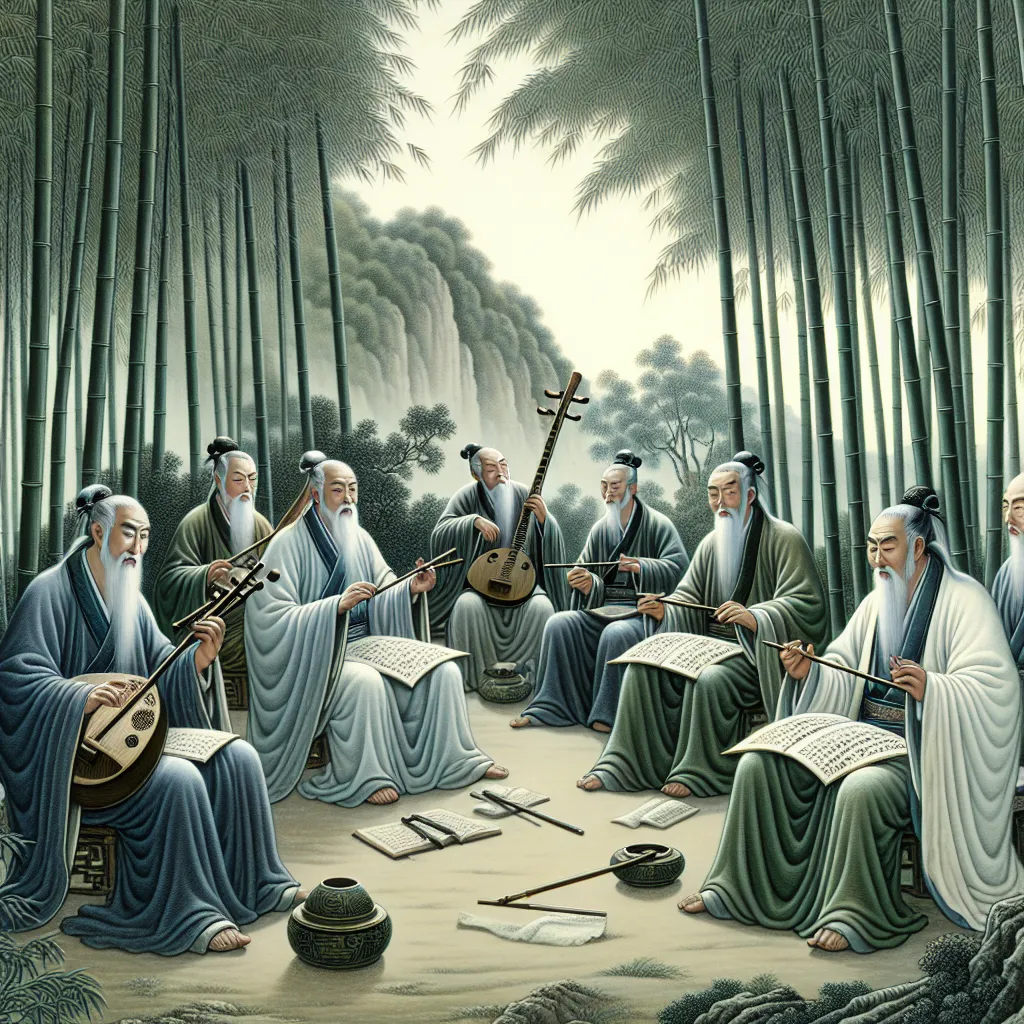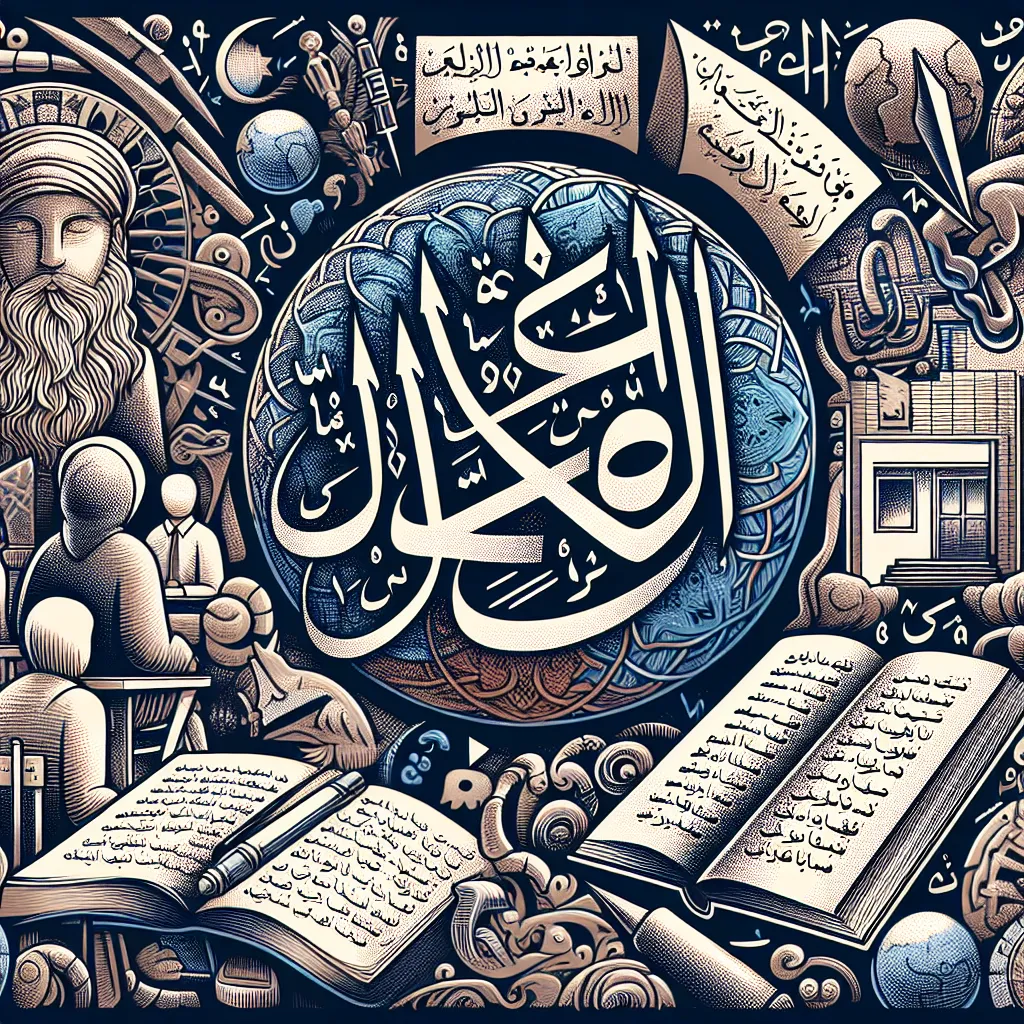My dear and compassionate brother, may God’s spirit be with us both. The Brethren of Purity, a group of scholars from the 10th century, penned remarkable epistles during the Abbasid Caliphate’s Golden Age of science and philosophy. Despite their influential writings, these scholars remain shrouded in mystery, maintaining anonymity.
The Brethren flourished in an era of vibrant intellectual activity in the Muslim world, with Baghdad’s House of Wisdom as a hub for knowledge exchange. The Abbasid rulers cherished rational inquiry, translating texts and fostering broad discussions among diverse cultural and religious groups. However, an emerging orthodoxy began to challenge rational thought, advocating for traditional theological interpretations.
Despite this, the Brethren of Purity thrived, producing over 50 epistles on a range of topics, from mathematics and music to the soul and cosmology. Influenced by Greek philosophy, particularly Neoplatonism, their work reflects a blend of religious and rational thought. Scholars speculate on their Shia sect allegiance, possibly Ismailis, due to references within their writings.
These epistles suggest a harmonious relationship between rational philosophy and Islamic revelation, a sentiment resonating with other Muslim philosophers of the time. However, the Brethren went further, critiquing literalist scholars and striving to purify Islam through intellectual and spiritual endeavors. Their gatherings and writings aimed to cleanse ignorance and reconcile knowledge with faith.
The Brethren’s views weren’t universally accepted, facing opposition from orthodox scholars branding them heretics. Yet, their influence persisted, especially among the Ismailis. They interpreted the Quran esoterically, seeking hidden meanings leading to spiritual purity and a harmonious afterlife. Their metaphysical framework of emanation and the idea of cyclical time incorporating prophetic cycles reveal an intricate vision.
Their writings are a testament to an open-minded approach to knowledge, integrating insights from Greek, Persian, and Indian philosophies alongside sacred scriptures. They emphasized the unity of wisdom from human and prophetic sources, valuing the Quran, Torah, Psalms, and Gospels equally in their pursuit of truth.
Despite their elitist tone, the Brethren’s impact on medieval Islamic thought is undeniable. Esteemed scholars of the time engaged with their work, which, despite some seemingly unorthodox ideas, displayed a commendable synthesis of religion and philosophy.
The Brethren of Purity’s dedication to merging diverse knowledge sources and their pursuit of intellectual and spiritual enlightenment offer timeless inspiration. Their legacy urges us to embrace a broad-minded quest for understanding, blending tradition with reason in an ever-evolving journey of discovery.






